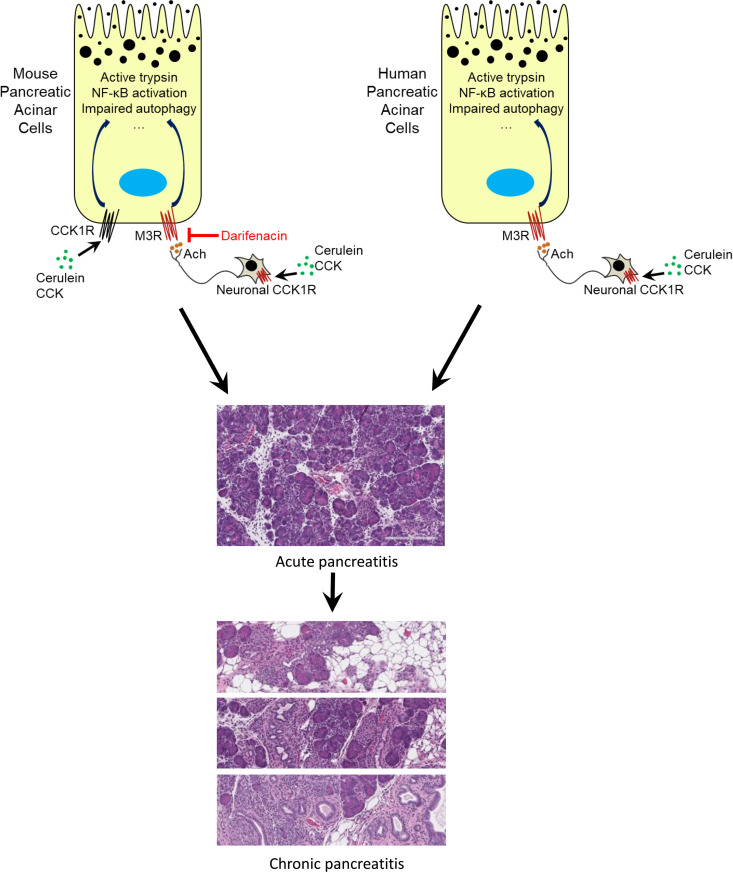Figure 8. A proposed model: neuronal release of acetylcholine plays a role in the pathogenesis of pancreatitis.
In rodents, cerulein activates CCK1Rs on both pancreatic acinar cells and neurons. Neuronal CCK1R activation mediates acetylcholine release, which subsequently stimulates muscarinic receptors on pancreatic acinar cells. Together, CCK1Rs and M receptors trigger pancreatitis. In contrast, on human pancreatic acinar cells there is no CCK1R. Neuronal secretion of acetylcholine initiates pancreatitis through M receptors located on pancreatic acinar cells.

